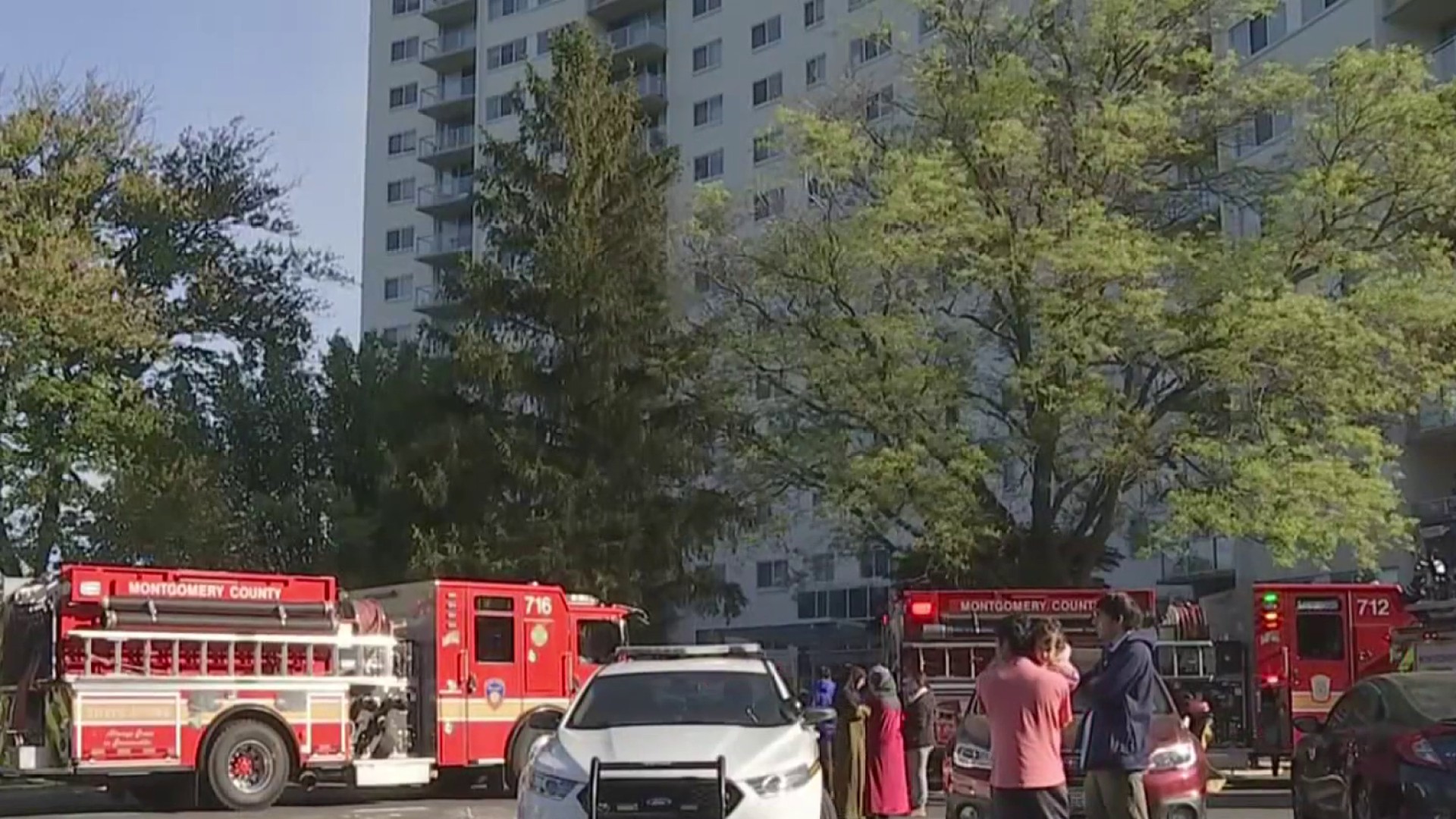A Charlottesville clinic has become the first in the state to offer a treatment program specifically for pregnant women trying to break opioid addictions before they give birth.
"We were realizing that as the dependent population continued to grow, that the pregnant and addicted population would grow along with that,'' said Dr. Christopher von Elten, a co-founder of Addiction Allies. "We kept asking why no one was addressing it, and we decided we would.''
Many doctors and clinics are hesitant to offer medications to pregnant women addicted to opioids, said von Elten said, and it can be burdensome for providers to navigate necessary regulations.
But Addiction Allies' program — which combines classes on nutrition, health and family care with a team of gynecological, primary care and addiction specialists — aims to be a model for safe and empathetic care. The organization just graduated its first student, who recently gave birth to a healthy baby.
"This is a time when women tend to be pretty motivated to get set up, to get clean,'' said Virginia Leavell, Addiction Allies co-founder and programs director. "But there can be a lot of shame and guilt and fear; we want to remove all that stuff and streamline aid.''
According to a 2018 report by the Centers for Disease Control and Prevention, the number of pregnant women with opioid use disorder quadrupled between 1999 and 2014. Nearly 100 infants per day are born with neonatal abstinence syndrome, where babies react to opioid withdrawal with tremors, poor feeding and breathing, or seizures.
The standard of care for pregnant women addicted to painkillers, heroin or fentanyl is to get them into medication-assisted treatment, usually by pairing methadone or buprenorphine with a comprehensive treatment plan. Buprenorphine (typically known as Suboxone) limits the effects of physical dependency and withdrawal from opioids, fulfilling a person's cravings in a safe environment and significantly reducing the risk of relapse.
Local
Washington, D.C., Maryland and Virginia local news, events and information
Medication-assisted treatment is also safer for babies: According to the National Institutes of Health, babies born to women treated for opioid disorders with buprenorphine or methadone are less likely to show signs of dependency and withdrawal than those whose addicted mothers are not treated at all.
Still, sometimes babies born to women on medication-assisted treatment plans do go through withdrawal. To avoid passing on their dependency, some women want to taper off their medication, though this places both mother and child at greater risk if the woman relapses. Von Elten said he advises a taper to his clients on a case-by-case basis.
"Whatever you decide, it's our job to help you do it as safely as possible,'' von Elten said.
"At the end of the day, every situation is unique and we respect the choice of every woman to make an informed choice,'' Leavell said.
When women give birth, the clinic also makes sure that they have a plan-of-care sheet to show a social worker — stable housing, transportation, medical care and income all planned out in neat handwriting, demonstrating it is safe for the baby to go home with mom.
Addiction Allies will start a new class of expectant mothers soon; they hope to enroll seven women at a time and build cohorts that will remain in touch and continue to support each other's recovery. Costs should be covered by Medicaid and health insurance. Virginia also has improved access for substance abuse treatment and counseling services through its Addiction and Recovery Treatment Services program.
"One of the most important things for moms is to make sure they do everything right so their babies can go home with them,'' Leavell said. "This time of pregnancy is a motivator for change.''



